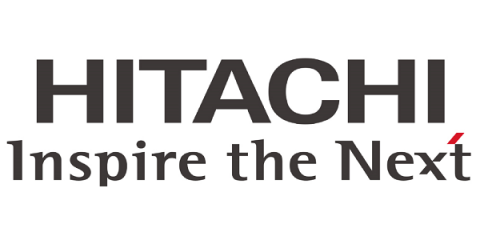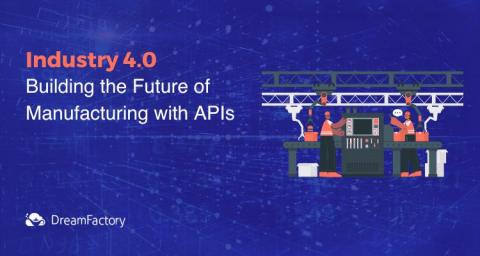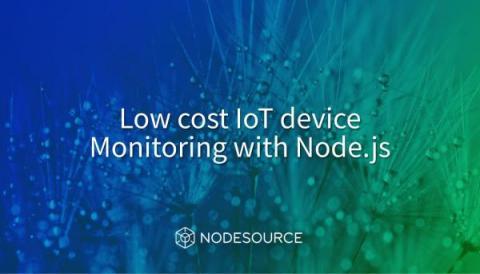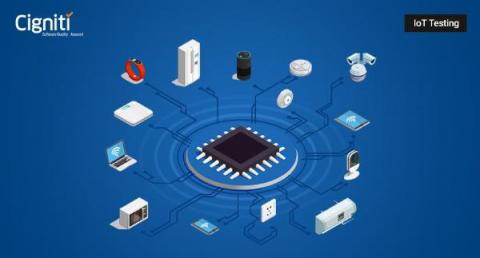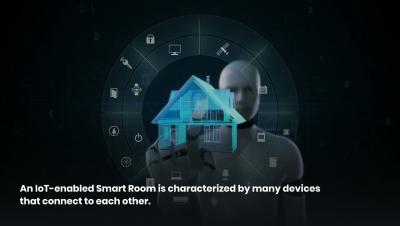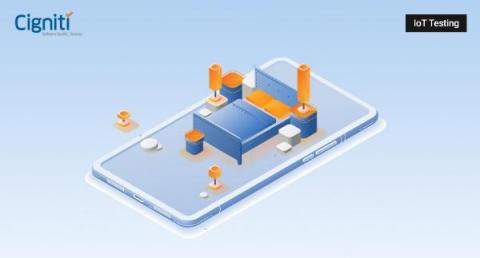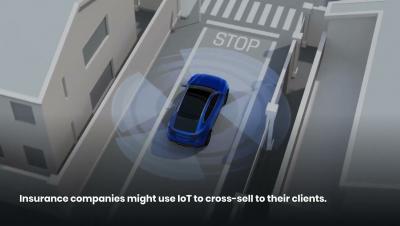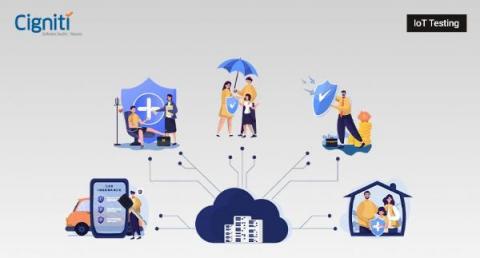Hitachi Vantara: A Clear Vision for IIoT
Remember way back around 2016, when “IoT” was just entering the lexicon? The technology behind the “Internet of things” was starting to be used across industries. In the energy space, for example, companies used it to capture data being sent from tens of thousands of sensors from various equipment, like inverters, controllers, anemometers (wind speed detectors), cloud-watching cameras, and more.


